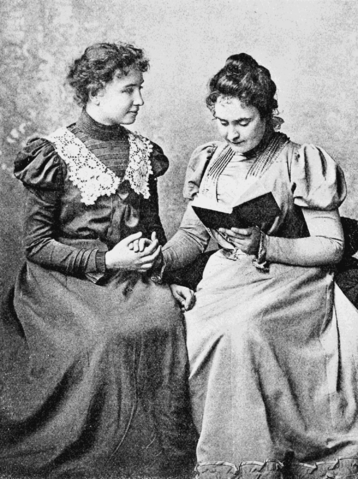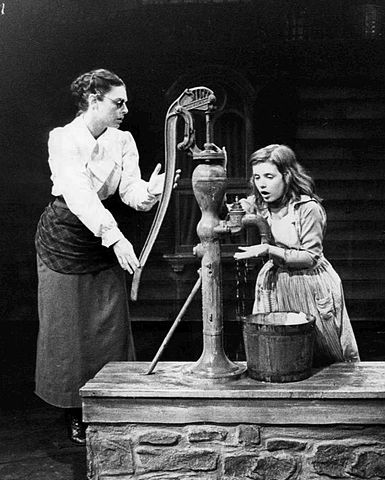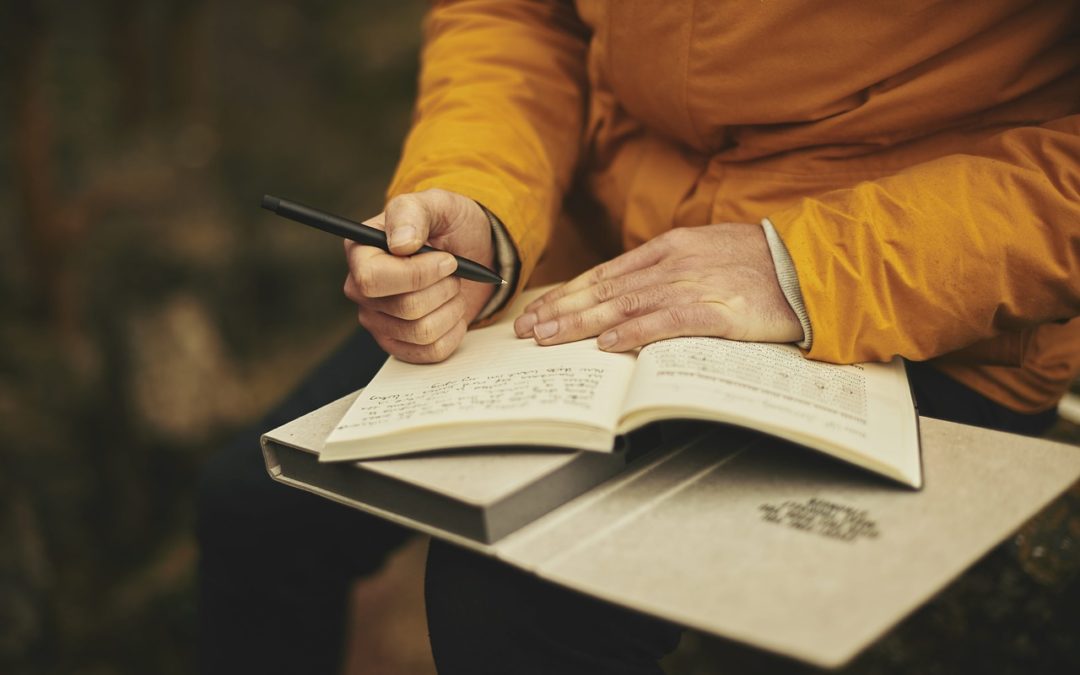The following story is inspired by a youth leadership program to highlight the role and importance of the reflection process in personal and professional development.
The process of learning from our mistakes is an essential part of growth and development. This applies no matter what age you are and whatever career you pursue. Whether a student or follower and especially as a teacher or leader, self-reflection is a process that nurtures us to grow mentally and spiritually.
But how many people actually want to set aside time for reflection? The process is not an easy one. For some people, they don’t like what they may view as a slow, time-consuming process. Some just don’t like what they see. It is far easier to acknowledge our strengths than address our weaknesses. Instead of becoming too defensive, we can acknowledge our weaknesses, bring a positive attitude to the table, and understand the lessons to be learned. This is how change and growth happens. We have the power to reframe a mindset of being judged for our weakness into a positive mindset of growth and the opportunity to be better.

Anne Sullivan and Helen Keller
Teachers especially can attest to the importance of reflection in order to address the needs of their students. Good teachers are good at reflecting; they are good learners. Anne Sullivan was a young but bright and ambitious teacher. At only twenty years of age, she would become the teacher of the famous Helen Keller, a deaf and blind child who would go on to be the first deaf-blind person to receive a bachelor of arts degree, becoming an author, world-famous speaker, and political activist. Helen was a stubborn and difficult child but the reflective process of her teacher would prove to be an essential part of her achievements later in life.
Sullivan herself was visually impaired, but her determination and ability to reflect on her methods meant that she would be able to make significant breakthroughs with the confused and frustrated child. She described a pivotal moment in her teaching experience and sent her reflection to a friend in the form of a letter.
Sullivan had been working to find a solution to a frustrating problem for Helen who was struggling to understand the words “mug” and “milk,” often confusing it with the verb “drink.” Helen didn’t even know the word for “drink,” but motioned the act of drinking when she spelled “mug” or “milk.”
One day it dawned on Sullivan to connect the concept of sign language with the physical objects around Helen by having her touch the items with one hand as Sullivan spelled the name of the object in her other hand.

Reenactment of Miss Sullivan teaching Helen Keller the meaning of “water”.
We went out to the pump-house, and I made Helen hold her mug under the spout while I pumped. As the cold water gushed forth, filling the mug, I spelled “w-a-t-e-r” in Helen’s free hand. The word coming so close upon the sensation of cold water rushing over her hand seemed to startle her. She dropped the mug and stood as one transfixed. A new light came into her face.
From that point on, Sullivan and her pupil progressed leaps and bounds in teaching the girl how to use Braille and communicate with the world around her. It wasn’t easy. Both student and teacher faced many challenges and frustrations along the way. However, taking that time to reflect instead of constantly, stubbornly pushing in one direction or just giving up, was the conscious, decisive action that made learning possible. It may seem to “slow things down” but looking forward, it actually allowed progress to be made faster, more efficiently, and with fewer tears down the road.
An article by Harvard Business Review said employees who spent 15 minutes at the end of the day reflecting performed 23% better after 10 days than those who did not reflect. Similarly, a study of commuters in the UK found that those who were prompted to use their commute to think about and plan for their day were “happier, more productive, and less burned out than people who didn’t.”
Put simply, reflection is that pause we take in the chaos of our everyday lives to sort through, acknowledge, and find meaning in our experiences. The time and place we choose to do this may look different for each person but the good news is that there are many ways to make reflection a part of your lifestyle, whether it is in a journal, thinking in the car during your commute, or going out into the best classroom there is: nature.
Do you reflect? If not, how can you start making time for reflection today?
The original post appears on Family Peace Association. Dr. Hyun Jin P. Moon is the Founder of Family Peace Association.

